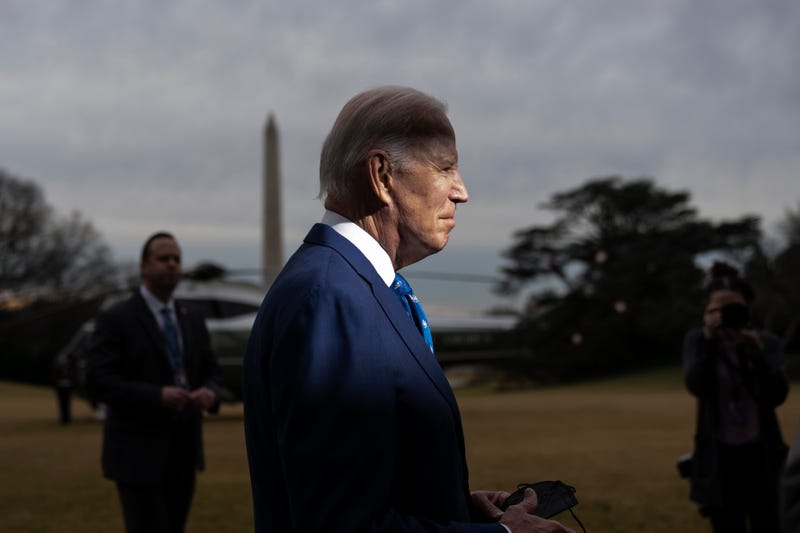In a climate marked by discussions about the reach of government power and the erosion of free speech, Missouri Attorney General Andrew Bailey has emerged as a key figure in the battle against what he sees as overreach by the Biden administration. With a particular focus on the infringement of individuals' right to express themselves freely, Bailey has taken up the mantle to safeguard constitutional rights in the digital age.
The essence of Bailey's concerns lies at the intersection of government influence and the power of tech giants. The issue at hand: the collaboration between the federal government and social media platforms in influencing the main stream narratives and curbing conservative speech. This concern is not isolated to Missouri alone, as individuals across the nation question whether their online voices are being silenced or manipulated.
Bailey's pursuit of legal action against the Biden administration stems from his conviction that this collusion represents an affront to the Constitution's First Amendment protections. The lawsuit, labeled "Missouri V. Biden," asserts that the federal government's involvement in coercing tech companies into censoring certain viewpoints violates the fundamental right to free expression. This legal challenge marks a significant step in confronting what many perceive as an undue influence of government on the digital realm.
A key aspect of Bailey's argument centers on the inherent danger of such collaborations. Drawing parallels to historical instances where governments utilized media manipulation to exert control, he raises concerns about the erosion of trust in media and government. As Americans increasingly question the authenticity of information and sources, the very foundation of democracy becomes fragile.
Bailey's legal strategy also underscores the ethical obligation of prosecutors and government officials. He emphasizes that the recent premature publicizing of charges before a grand jury's decision, as witnessed in this case, not only taints the judicial process but also erodes the public's faith in the impartiality of justice. This sentiment resonates in a broader context of a justice system striving to maintain integrity and fairness.
The significance of the Missouri vs. Biden lawsuit extends beyond its immediate legal implications. It symbolizes a stance against the perceived weaponization of government branches and the manipulation of the law to target political opponents. Bailey's argument draws from a cautionary history, highlighting the consequences of such actions in countries that have slid into authoritarianism.
As the case unfolds, the implications for the separation of powers and the protection of individual rights remain central. Bailey's pursuit is not only a legal endeavor but a testament to the importance of holding institutions accountable and safeguarding the principles upon which the nation was founded.
Looking ahead, the decision from the Fifth Circuit Court of Appeals will undoubtedly carry ramifications for the broader discourse on free speech, government accountability, and the role of technology in shaping the national narrative. Bailey's dedication to the case serves as a reminder that, in a democracy, the protection of constitutional rights requires vigilant effort and unwavering commitment.

